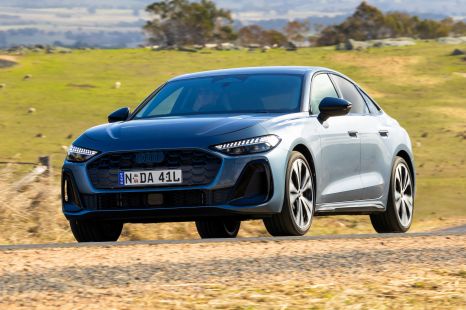

James Wong
2025 Audi A5 Sedan TFSI 150kW review
4 Days Ago

Senior Contributor
SsangYong just managed what appears to be its best Australian monthly result, delivering 400 cars in September to be up 71 per cent on the same month in 2021.
Year-to-date (YTD) the brand has sold 2565 cars, up 17 per cent, putting it on track for between 3400 and 3500 sales across the calendar year – another high-water mark.
It sold 2978 vehicles in 2021, and 2645 way back in 2005.
Its best performer is the Musso dual-cab ute with 222 monthly sales and 1120 year-to-date, though its the Rexton large SUV that’s grown the most.
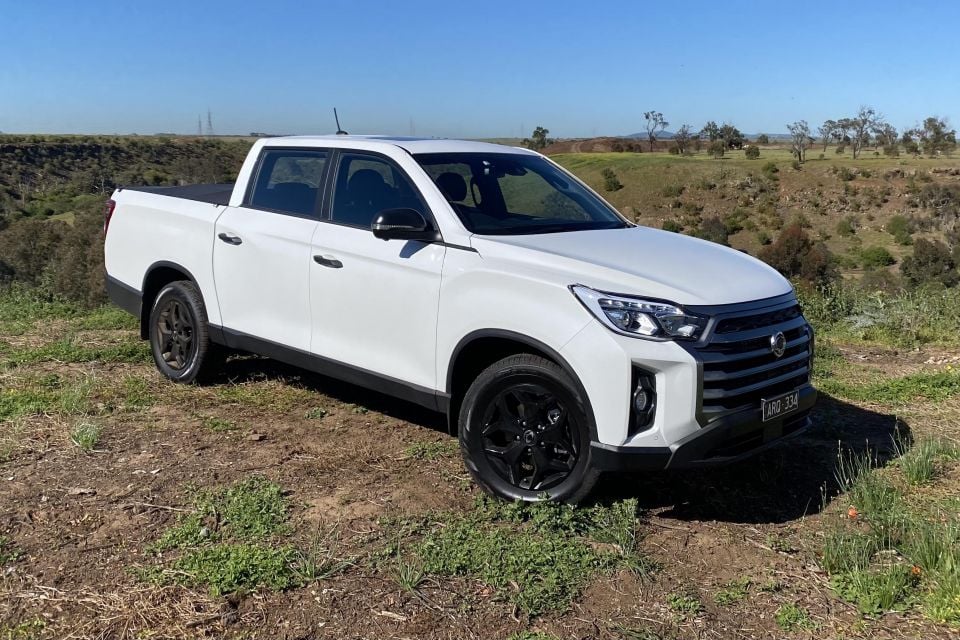
The large SUV managed 136 September sales, taking it to 1015 YTD. The Korando medium SUV meanwhile took 42 sales for September, and has tallied 430 YTD.
The low-profile Korean brand relaunched here as a full factory subsidiary in late 2018, having been imported by independent distributors in earlier incarnations.
At the time of establishment it was SsangYong’s first fully in-house overseas operation beyond the domestic market, reflecting Australia’s importance to its planning.
It’s been a tough time for SsangYong globally, with the perennially cash-strapped organisation battling to keep itself afloat for the past few years after parent company Mahindra and Mahindra decided to divest.
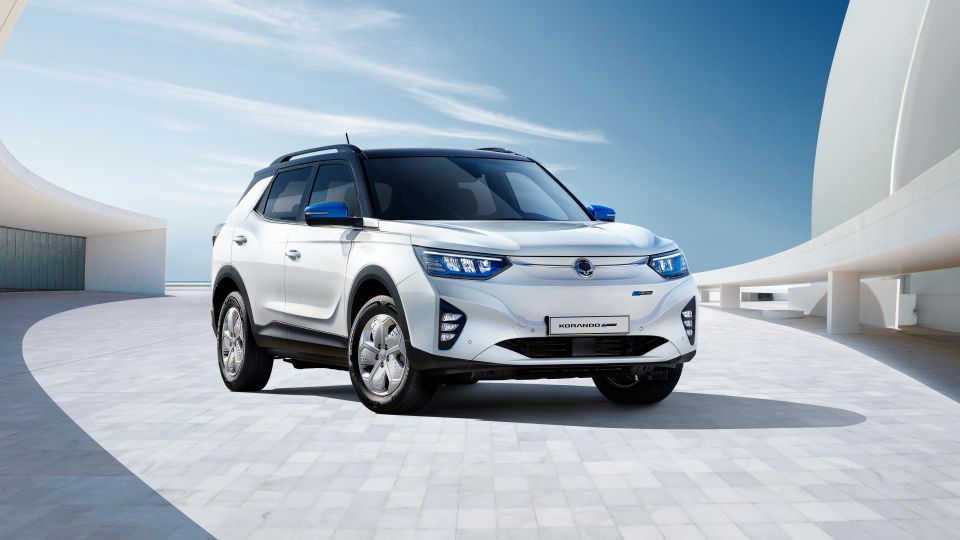
However it secured its finances in August this year, when a consortium led by chemical and steel conglomerate KG Group was approved by Korea’s bankruptcy court to buy up a majority stake.
The good news is that it can theoretically now focus on product rollout. The new Torres SUV is a smash hit at home, with a record order bank, and is being worked on for an Australian launch – albeit not until “late 2023” as its factory clears tens of thousands of Korean orders.
It will also look to bring a Korando-based EV called the Korando e-Motion to Australia as an evaluation vehicle in 2023, it says. This would be a competitor the the MG ZS EV and BYD Atto 3.
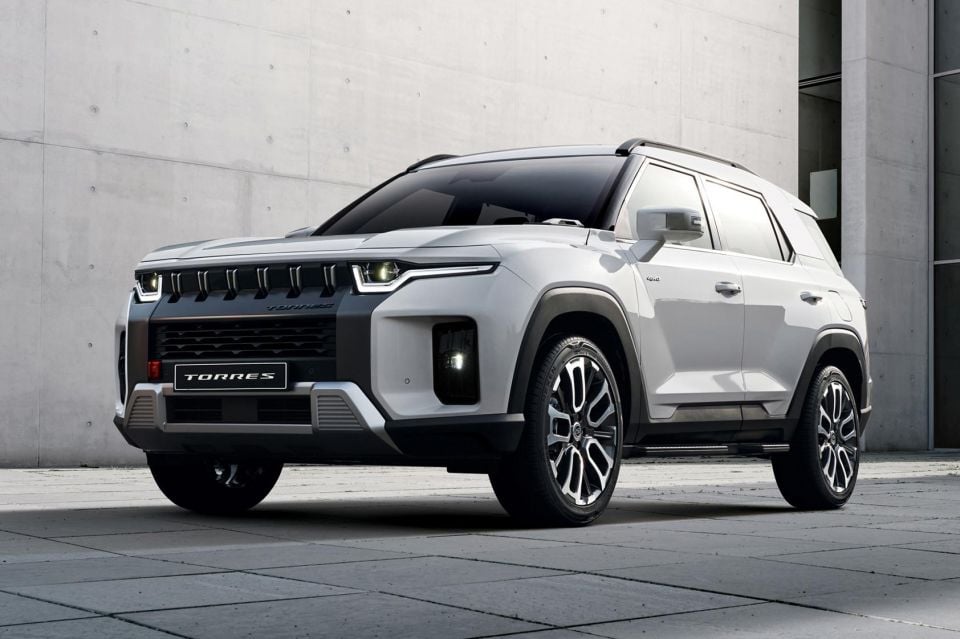
SsangYong’s home life has been troubled for years, and it never seems to have a stable parent for long. Daewoo bought a controlling stake in the company in 1997, only to offload it in 2000 as it experienced perilous financial woes of its own.
It endured a tumultuous few years under Chinese ownership, with SAIC Motor acquiring 51 per cent in 2004 but walking away in 2009 and leaving it in receivership. Mahindra & Mahindra was the next parent to adopt SsangYong, acquiring 70 per cent in 2011.
MORE: SsangYong saved! Korean court greenlights rescue plan MORE: SsangYong, the history of a brand with an uncertain future MORE: SsangYong Torres SUV a hit at home, Aussie launch pushed back MORE: SsangYong could be acquired by Korean steel company – report MORE: SsangYong attracts four bidders following acquisition deal collapse – report MORE: Edison Motors asks court to save SsangYong acquisition deal – report MORE: SsangYong suitor given court’s approval for purchase – report
CarExpert helps new car buyers save thousands with expert reviews, honest advice, and transparent pricing – no dealer pressure and no sales games.


James Wong
4 Days Ago
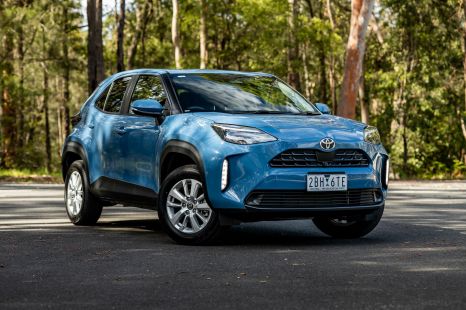

Matt Campbell
3 Days Ago
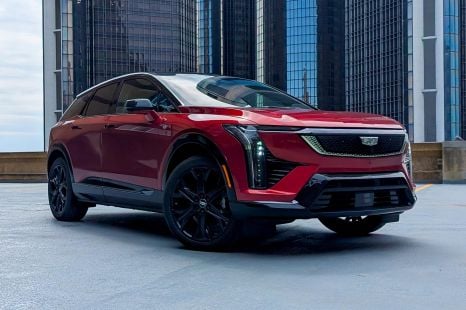

William Stopford
2 Days Ago
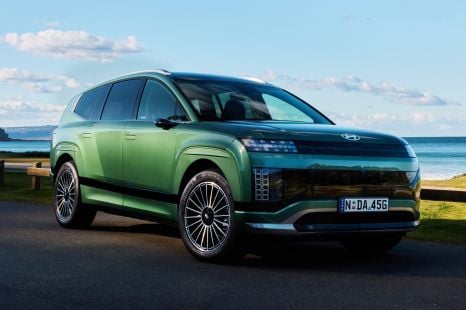

Josh Nevett
16 Hours Ago
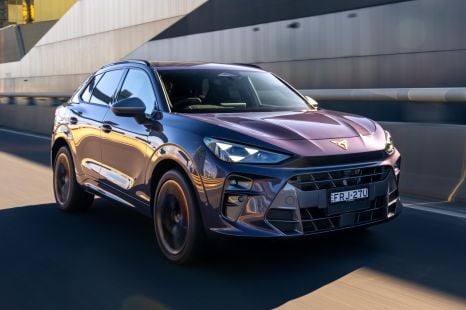

James Wong
16 Hours Ago
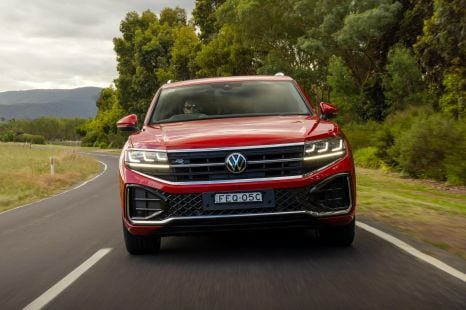

James Wong
16 Hours Ago